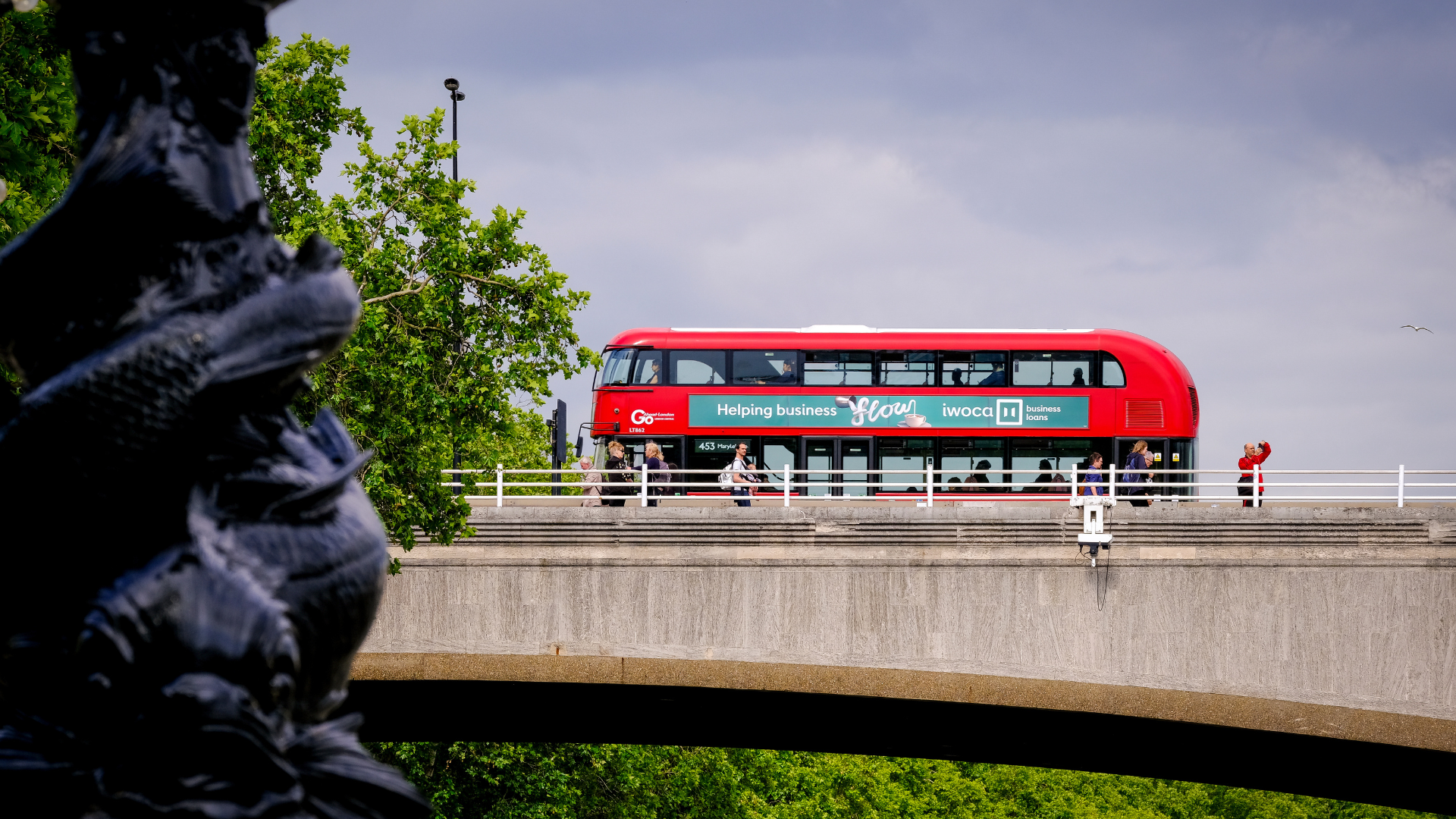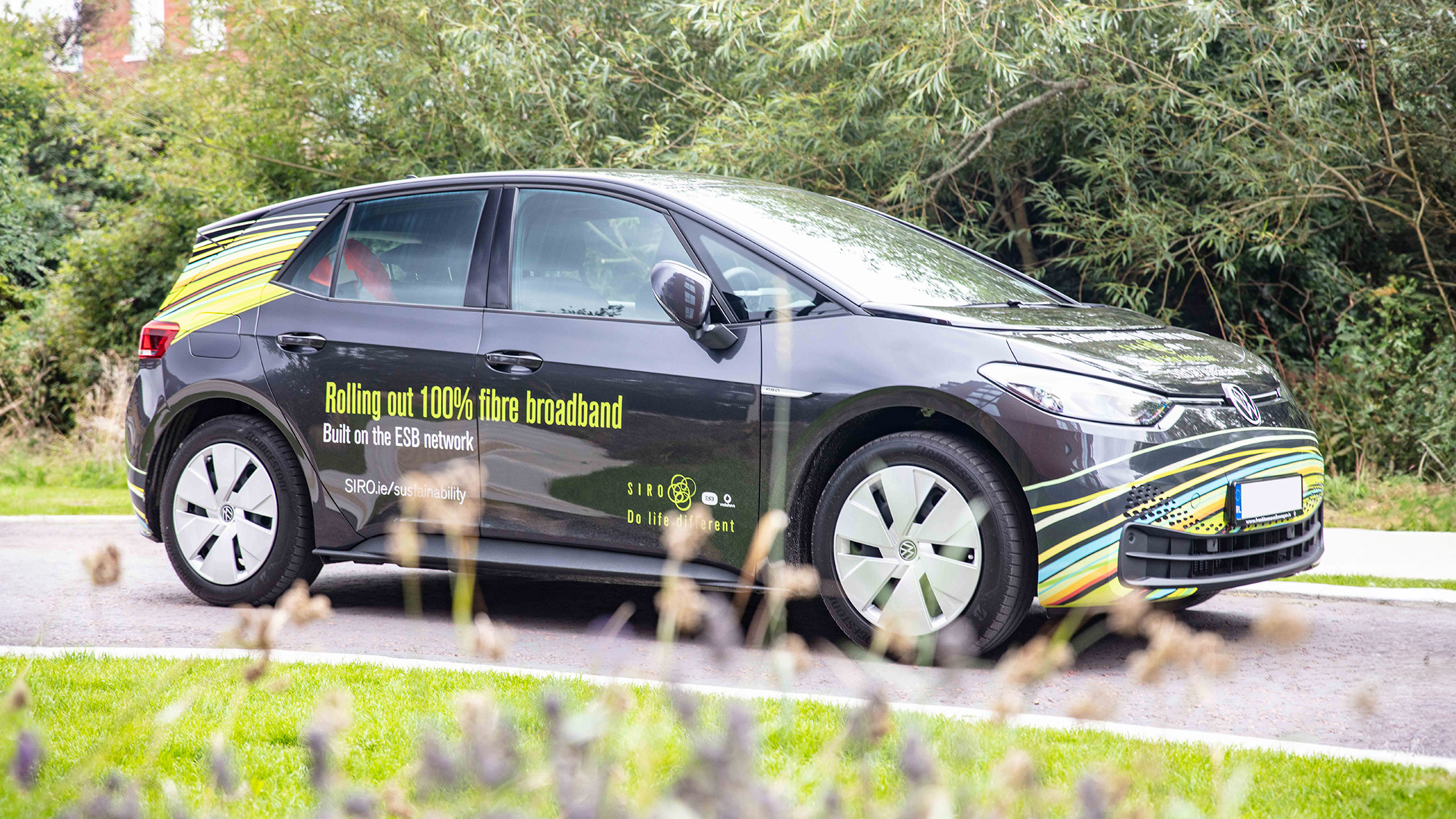
SIRO optimises its EV operations with real-time EV data support from Geotab

Table of contents
SIRO provides Ireland’s greenest broadband network to homes and businesses. Sustainability is a core focus for the company, and it has signed up to the United Nations Global Compact. A key component of the company’s sustainability strategy has been transitioning its diesel commercial fleet to electric vehicles (EVs).
The challenge: Need for reliable, real-time data to support their fleet goals
SIRO’s existing telematics provider wasn’t able to provide data support for their electric vehicles (EVs). This was of fundamental importance to the company since they are in the process of transitioning their entire fleet to electric and need this data to ensure their EVs are operating and charging as efficiently as possible, as well as to gain real-time oversight of the vehicles’ state of charge (SOC).
Now that 80% of the fleet has been transitioned to EVs, they are getting to the drivers who are less keen to make the switch, some of whom drive long distances. The company therefore needed objective information to take away any range and charging anxiety, to encourage the remaining drivers to make the move to electric.
Furthermore, when they compared the existing telematics data to that of MyGeotab during their 3-month trial, the team realised how much data they were missing in general. The devices were not secure and many had been tampered with, resulting in many safety events being missed. The team also wanted the ability to customise the data and set up notifications, something that their original system was unable to support.
The solution: Full EV data, all-round fleet support
SIRO was introduced to Geotab by their EV education-focused reseller, Nevo. After a successful 3-month trial across 3 EVs and 3 diesel vehicles, the company rolled out the Geotab GO9 telematics devices across the entire fleet within just 4 months.
While their original telematics system had only been capable of supporting the company in managing speeding, the team swiftly realised how much more they could accomplish with Geotab’s extensive telematics data. The sustainability, finance, HR and procurement teams are now all benefitting from the insights provided through MyGeotab.
Optimising charging events
From an EV management perspective, Rebecca Hurst, Sustainability Specialist at SIRO has found it particularly valuable to be able to set up zones for charging so that she can track the proportion of charging events that are occurring at home, versus public infrastructure – which costs SIRO much more and is much less efficient. She then uses this data to resolve issues with drivers so that they can increase their use of home chargers.
Another key EV management feature is the ability to set up rules for overstays on DC public chargers. Hurst says “We’re now able to track overstays, where we are subject to fines, and use the real-time SOC data to show drivers objectively that they could have made it home on for example 20% battery, rather than waiting for it to charge to full. The data enables us to have much more fruitful conversations with our drivers to help them optimise their charging behaviour, and the fact that it’s real-time rather than a monthly overview is so much more valuable.”
Using the data to engage drivers in their own safety performance
The team gave drivers a few months to get used to MyGeotab, providing them with immediate email notifications at the time of the event and monthly summary reports, which are defined as exceeding the speed limit by 10km/h for over 30 seconds. This data is also reported to senior leadership.
Hurst then hopes that the Driver Safety Scorecard’s mix of performance indicators, including speeding, harsh acceleration, braking and cornering, will be of interest to drivers. The team is keen to use this data to get the drivers in the right mindset and make them keen to learn so that they can create actionable coaching opportunities.
Speeding is an important safety metric for SIRO and the old system was losing 50% of all this data, so they are having to start from scratch with MyGeotab. The installation engineer found the original telematics devices in the boots or glove boxes of several vehicles. Now that they have full data reliability, they are able to double down on this metric, with confidence that they’re looking at the entire fleet. Drivers now know that they can’t get out of being monitored.
Providing drivers with visibility of where they're speeding, together with audible real-time warning alerts has slashed SIRO’s speeding events over the last few months, with report customisation playing a major role in this.
Making their EVs even more sustainable
MyGeotab provides a single source for all of the electricity consumption data, making it simple for Hurst to track seasonal trends in energy consumption. This is much easier than pulling data from 4-5 different sources, as she had to do before. Energy economy monitoring and benchmarking will follow, tracking her fleet’s EV energy economy against best-in-class performers within similar fleet types across the Geotab ecosystem to see where opportunities exist to improve performance.
The results: Better than the peer group leaders
At this early stage in the contract, the focus for SIRO has been on bedding in the new telematics data with their team, and using it to engage and educate their drivers. Despite this, the initial metrics show that the remaining diesel vehicles are already performing with a better fuel efficiency score than the peer group leaders benchmark (calculated as the 80th centile in similar fleets), with a fuel economy of only 5.4L/100km, as opposed to 7.1L/100km for the peer group leaders. The associated CO2 emissions of these vehicles are therefore also 27% lower than the peer group leaders benchmark, averaging 13kg/100km as opposed to 17kg/100km.
The new EVs can now have their energy consumption monitored, as well as usage, charging time, charging amount, current state of charge (SOC), driving behaviour, distance, driving times, cost, and much more. This provides SIRO with the critical oversight they need to optimise their EV operations, and allows them to compare performance over time, by vehicle, and in comparison to industry benchmarks.
The average safety score across the fleet was 88 out of 100, 6% better than the peer group leaders benchmark score of 83. This is calculated across five safety metrics; speeding, harsh braking, seatbelt usage, harsh acceleration and harsh cornering.
Increased driver engagement in their speeding activity has slashed speeding in target zones by 76% over 3 months.
DC charging overstays have been reduced by 6% over 3 months, with 47% of overstays having been identified as events where vehicles are unplugged within 10 minutes of the overstay fee being applied. These are now targets for improvement through driver engagement, which will help to improve SIRO’s charging efficiency and reduce the incidence of unnecessary fines.
Next steps
Hurst plans to start using driver behaviour monitoring to improve the energy economy of the EV fleet, focusing on the same metrics as the safety scorecard, since all of these directly impact the vehicle’s energy efficiency. With MyGeotab’s data, the team is able to get specific on their education and training needs. For example, the Driver Safety Scorecard has shown that harsh braking is the greatest current concern. This is particularly unsafe in an EV, while also impacting efficiency, and so can be an area where training is specifically focused.
There are plans to use the Driver Safety Scorecard and charging data to create a driver league table as a fun way to incentivise drivers to use and charge their EVs in the safest and most energy- and cost-efficient manner.
Hurst is also looking forward to using the insights provided by the EVSA analysis to help procurement make smarter choices when they start their next phase of EV purchases next year. The EVSA will use the fleet’s driving data together with charging viability and estimated likely state-of-charge (SOC) to determine where it makes sense to electrify. It will provide them with precise vehicle recommendations, based on model availability, and SIRO’s charging location preferences. For each vehicle recommendation, the EVSA then projects the total cost savings and avoided CO2 emissions.
Finally, as they operate all over Ireland, SIRO’s salespeople may have to drive several hours across the country for a one-hour meeting. Hurst plans to use MyGeotab to view the routes that the sales team takes and to see how work can be reallocated to reduce mileage and associated energy consumption.
From the sustainability manager
“We’re now considering route optimisation to make further efficiency improvements, something we were never able to grapple with before. Geotab allows us to think about these things and gives us the possibility to be proactive rather than reactive. We have no fleet manager to tie all this information together, but with MyGeotab we have a single source of data for all the departments to feed into.” – Rebecca Hurst, Sustainability Specialist, SIRO.
Client profile

Client name:
SIRO
Industry:
Broadband network provider
Types of vehicles:
EV and diesel passenger vehicles (80% EV)
Fleet size:
54
Other stories
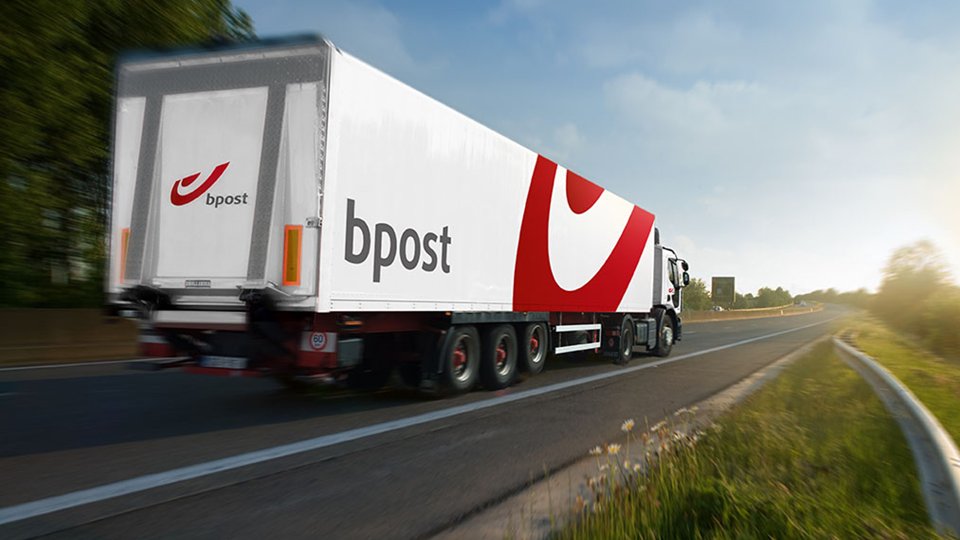
bpost: Scaling fleet electrification with the support of Geotab’s EV data insights
September 2, 2025
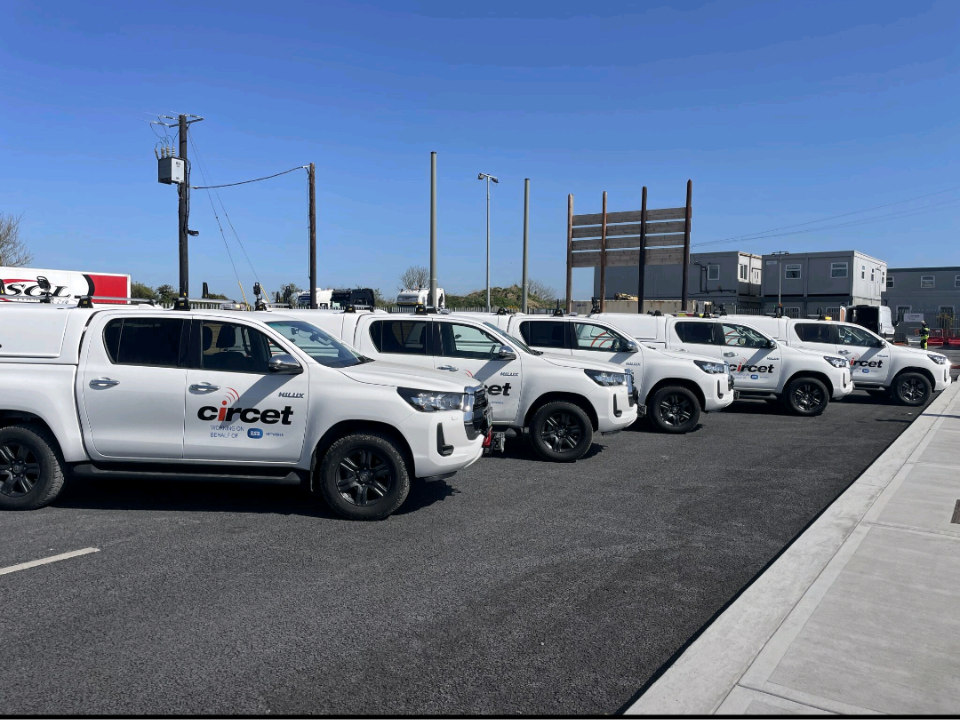
Circet: boosting safety and sustainability with fully integrated fleet insights
August 5, 2025
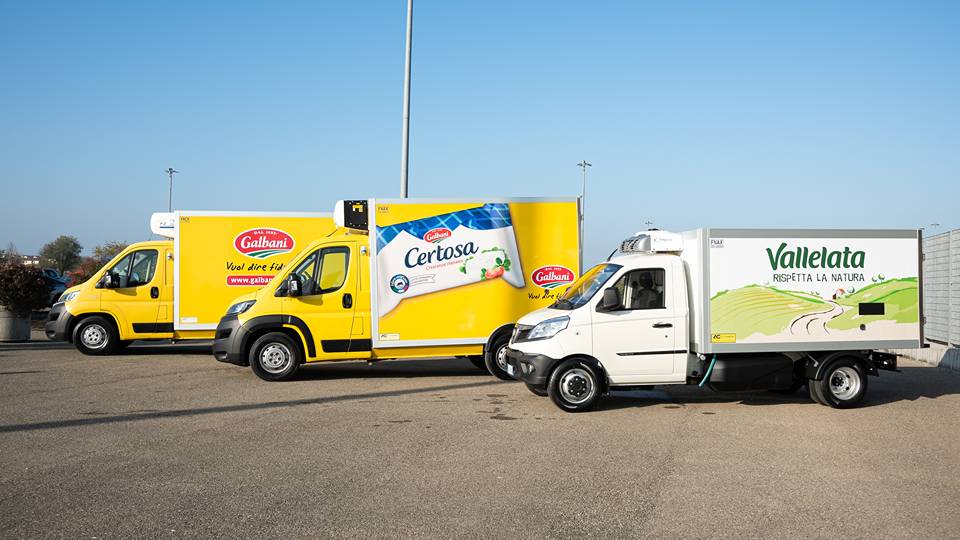
BPA Italia and Lactalis choose Geotab to optimise fleet and cut maintenance costs
June 11, 2025
